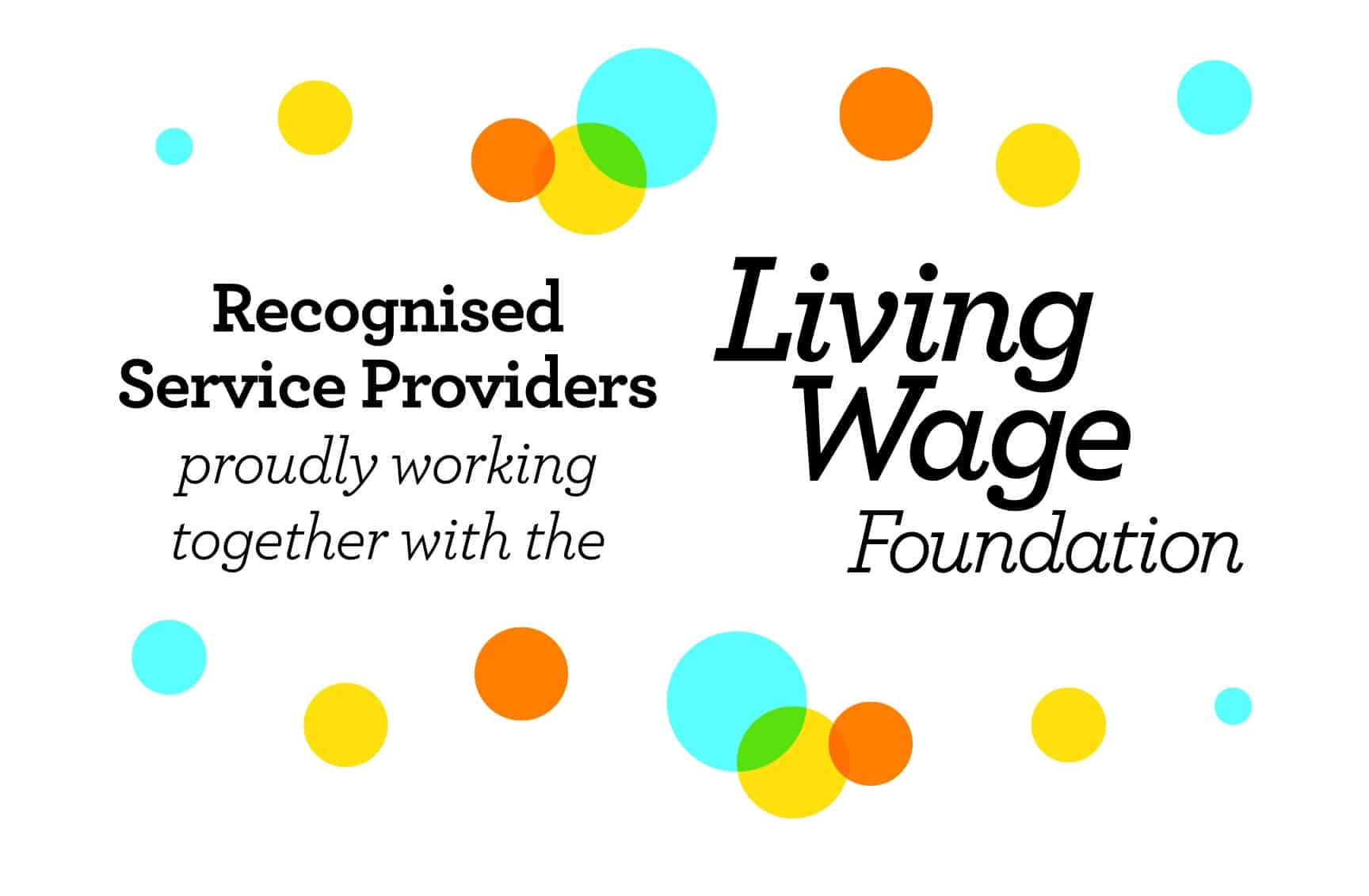Does over committing go against the spirit of G in ESG?

Written by Brian Stroud, SHEQ Director
When the Government commissioned an independent review of the progress towards the net zero target (MISSION ZERO Independent Review of Net Zero) back in 2022, the executive summary explained how it had created a new era of opportunity, that it’s the industrial revolution of our time, setting out a clear pathway to deliver net zero in a pro-growth, pro-business, low-cost way. The review went on to say that progress since 2019 had exceeded expectations and that by declaring the 2050 target the UK was able to make steady progress over many years.
It then, however, caveated those statements, saying that despite the opportunities, significant challenges remain, some of which lie in the actual delivery of the UK ambition. In the context of economic opportunities being lost, it states that “the Review has seen persuasive evidence of the UK not matching world-leading ambition with world-leading delivery.” Having signed such a commitment into law, the report concluded that the UK is now effectively in “a net zero race,” but adding that 2050 remains the right target.
That begs the question: what is the right net zero target for individual businesses and, more importantly, what’s the motive for getting there?
Ultimately, that is for each company to decide but it’s a question we are all wrestling with. As with the UK scenario highlighted in the document, there is a strategic choice to be made; a chance to lead the way and make progress, gaining first mover advantage, but with the reputational risk that you might not make it. Or sit back and observe from the sidelines with the associated risk of losing out on investments, commercial opportunities and much needed progress. As the review stated, it is “the challenge of (how to) translate bold ambition into action” without it becoming an over-commitment that businesses have no realistic chance of fulfilling.
What about the organisations who have committed to achieving net zero twenty years or more ahead of Government targets? Is this admirable, ambitious intent, or simply prioritising first mover advantage where the race to win has become more important than the cause? Is it a realistic ambition or just jostling for position?
Within that mix, there will be the genuine trailblazers. Those that were already sustainability driven, having done their due diligence, calculated and verified all their direct and indirect emissions, and since created clear and workable roadmaps. If they do achieve their goals over the next few years as promised, we should take our hats off to them as that will be an impressive accomplishment, even for non-manufacturing industries such as ours.
It’s fair to say that within that mix, there will be those who felt compelled to arbitrarily announce similarly ambitious declarations without any real foundation on which to base their commitments. Perhaps in the fear that anything else would be perceived as a lack of urgency which might put them in a material commercial disadvantage. Their only real strategy being that what they believed at the time to be what people wanted to hear, could be reverse engineered to get over the net zero line when they promised. Everyone wants to protect their reputation of course, but if they do come up short, should they get a pat on the back for trying, or is it simply the equivalent of world-leading ambition without the world-leading delivery, as stated in the independent review?
As always, there is a balance. No organisation can afford to be complacent about their responsibilities and the sooner the better when it comes to Net Zero. Equally, there is no shame in transparency for anyone still plotting an achievable pathway, whatever that realistically is for them. If it is the latter, it’s vital the delivery meets the ambition, or it could be seen as over committing. A failure to plan robustly and then deliver on a realistic trajectory is contra to the spirit of the G (Governance) in ESG. After all, when it comes to reputations, surely a broken promise is still a broken promise, however ambitious it may be.











